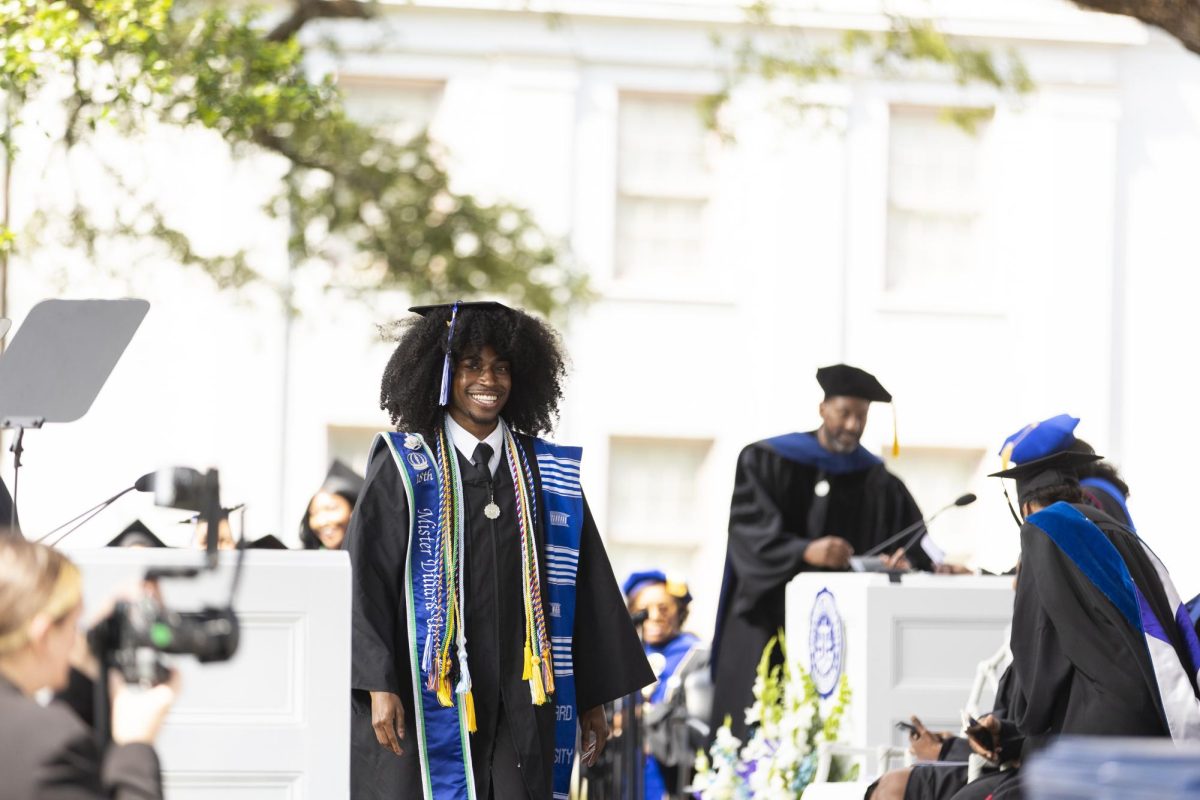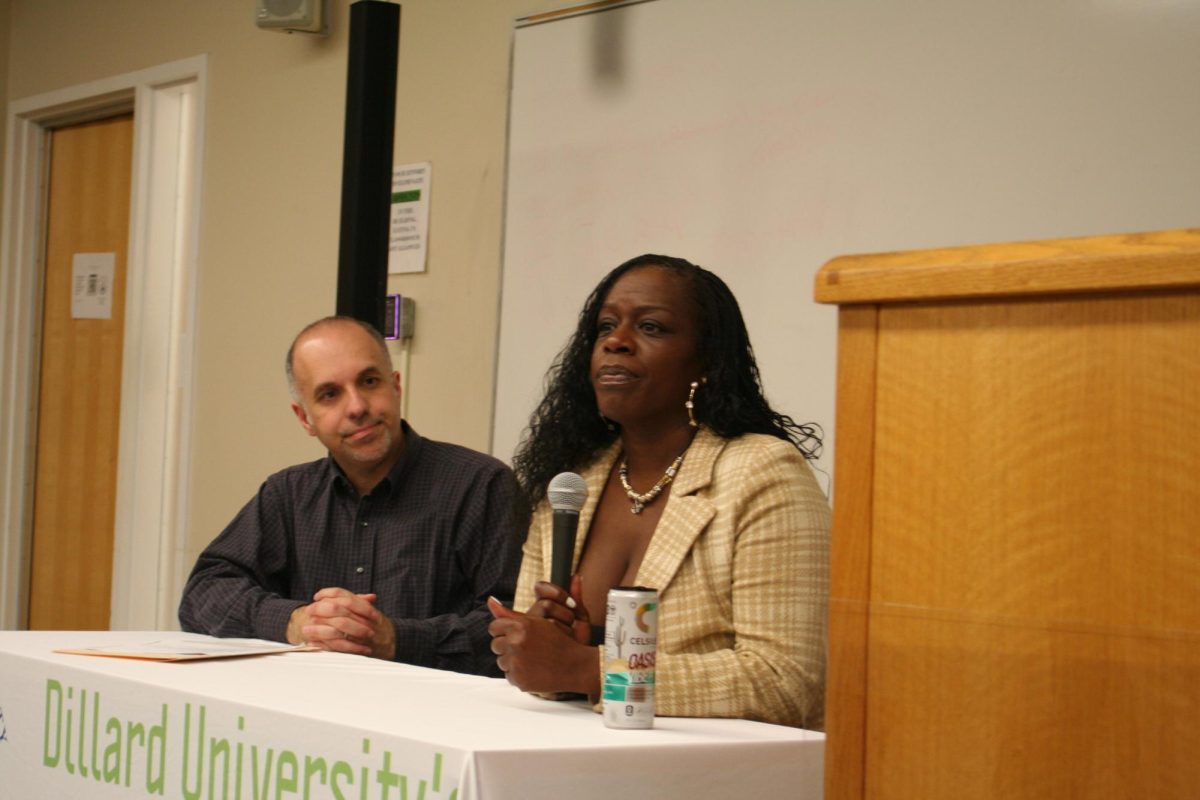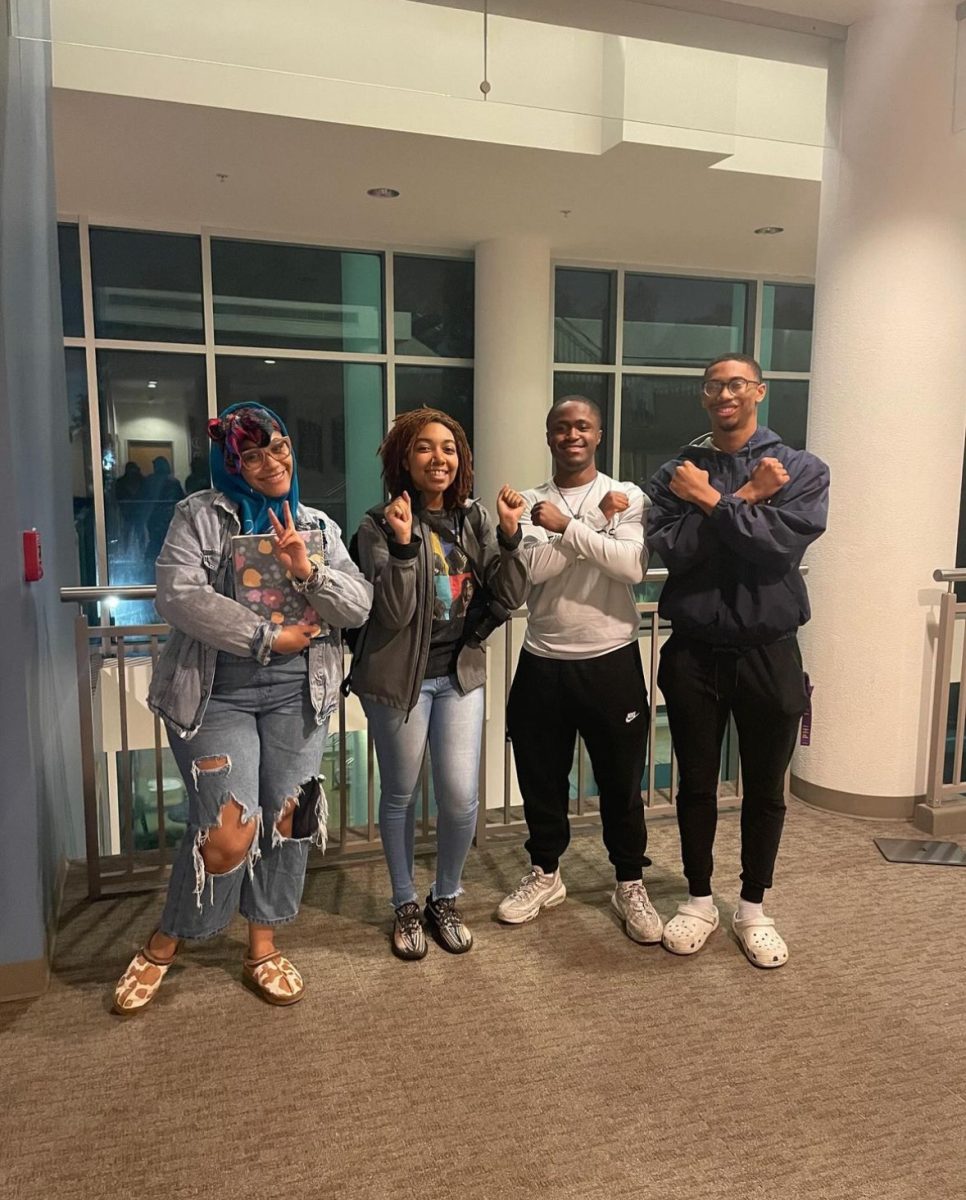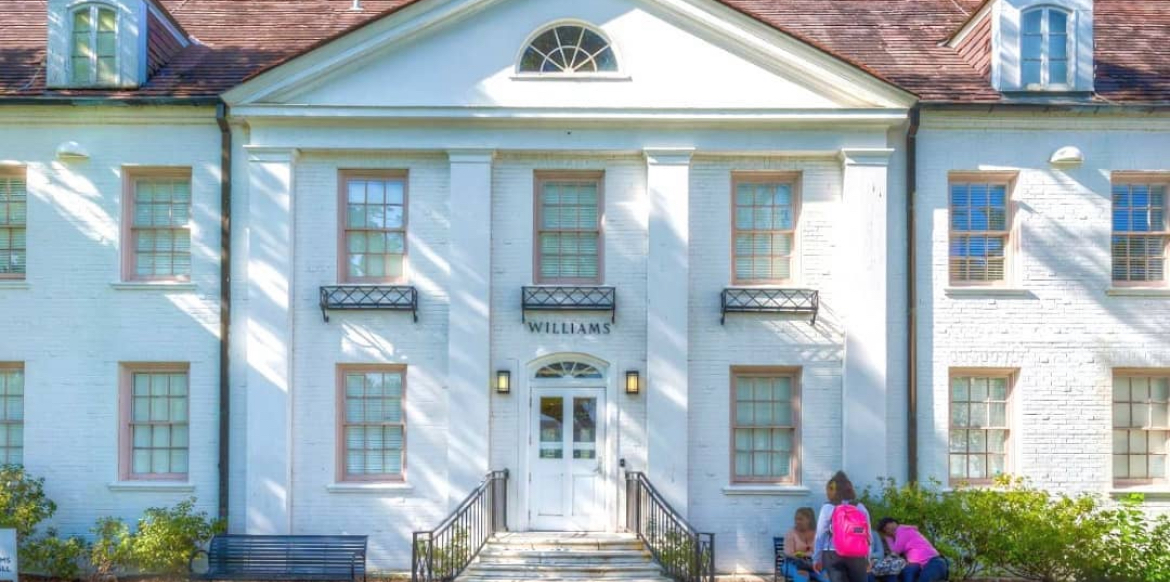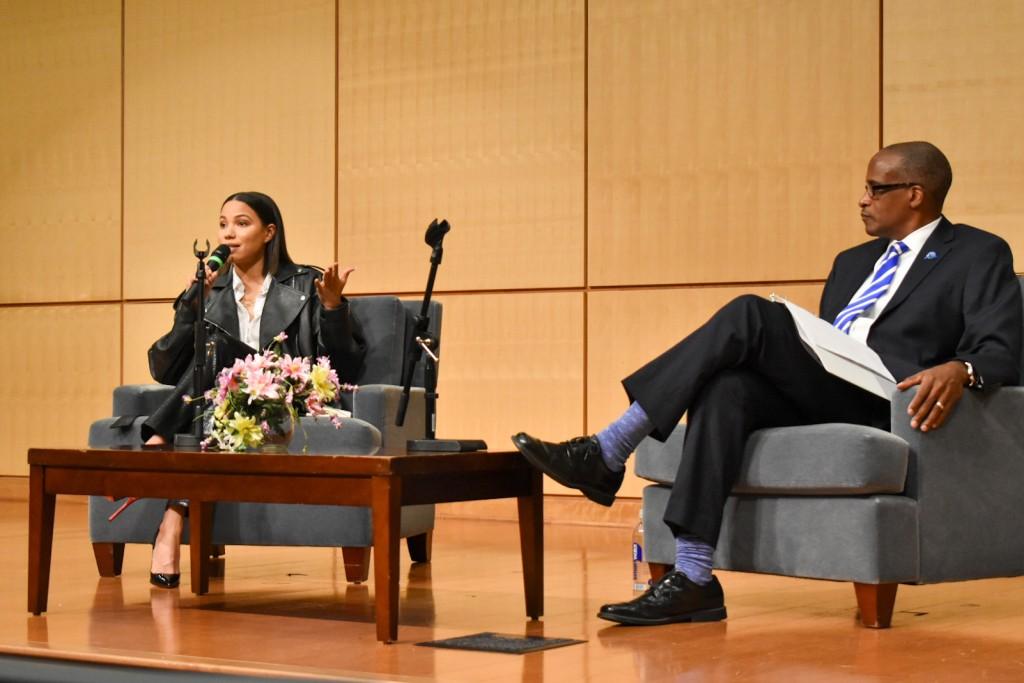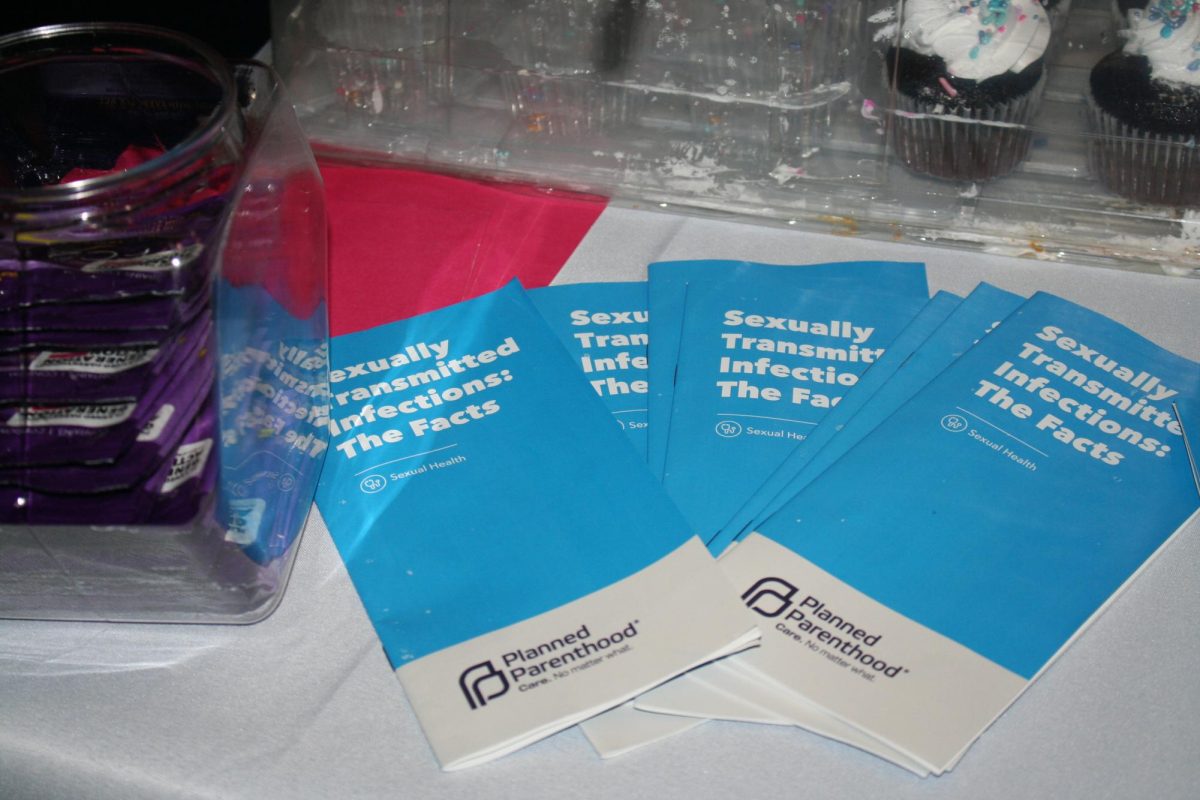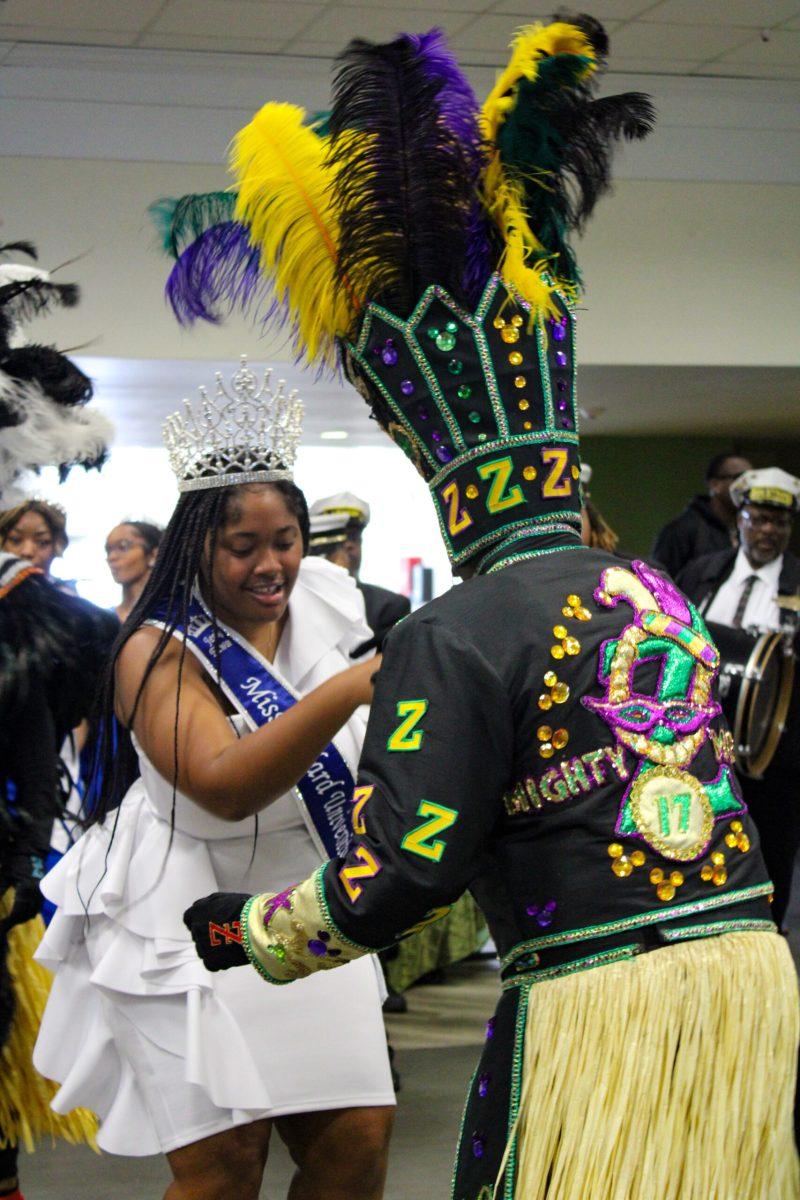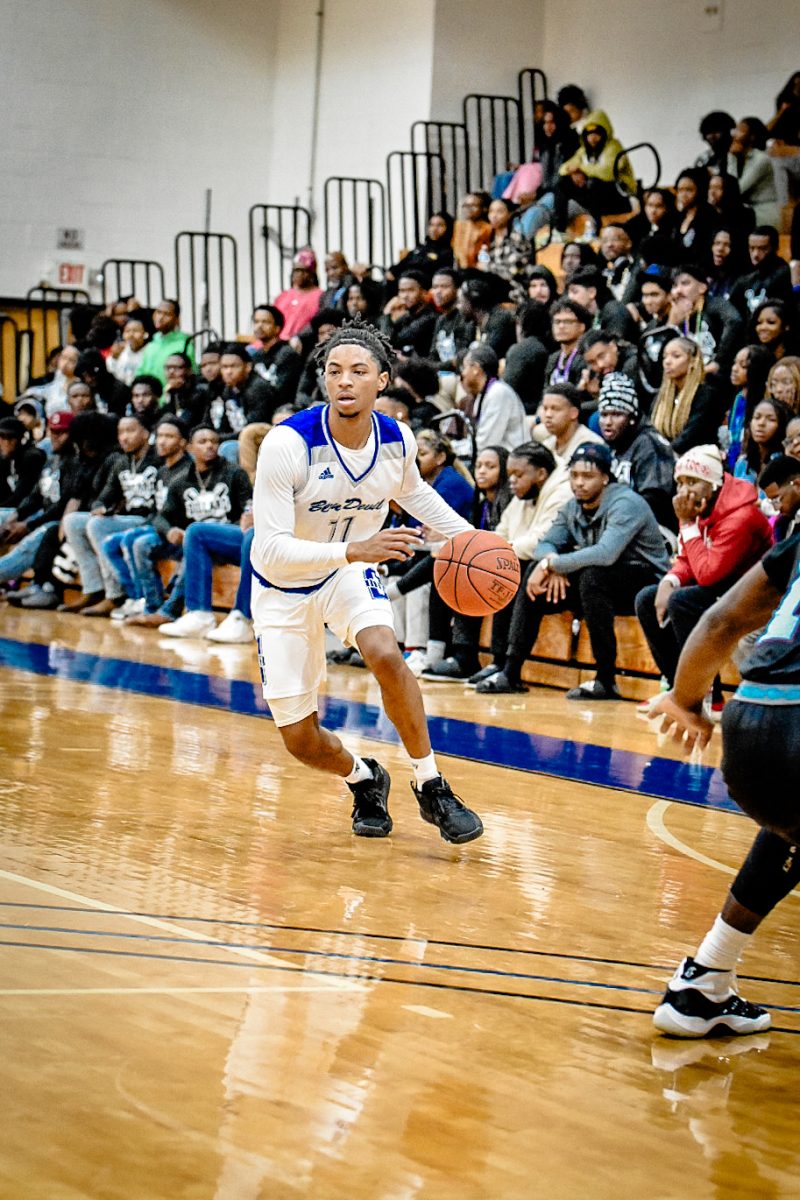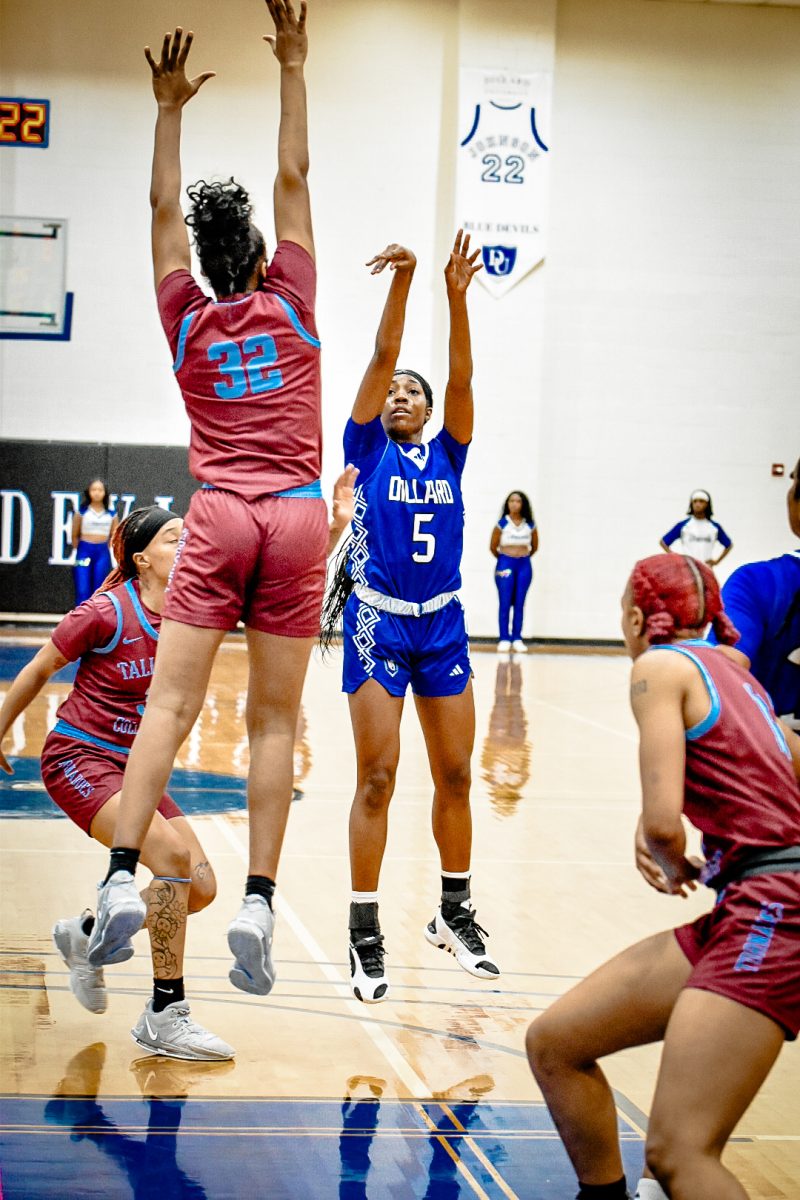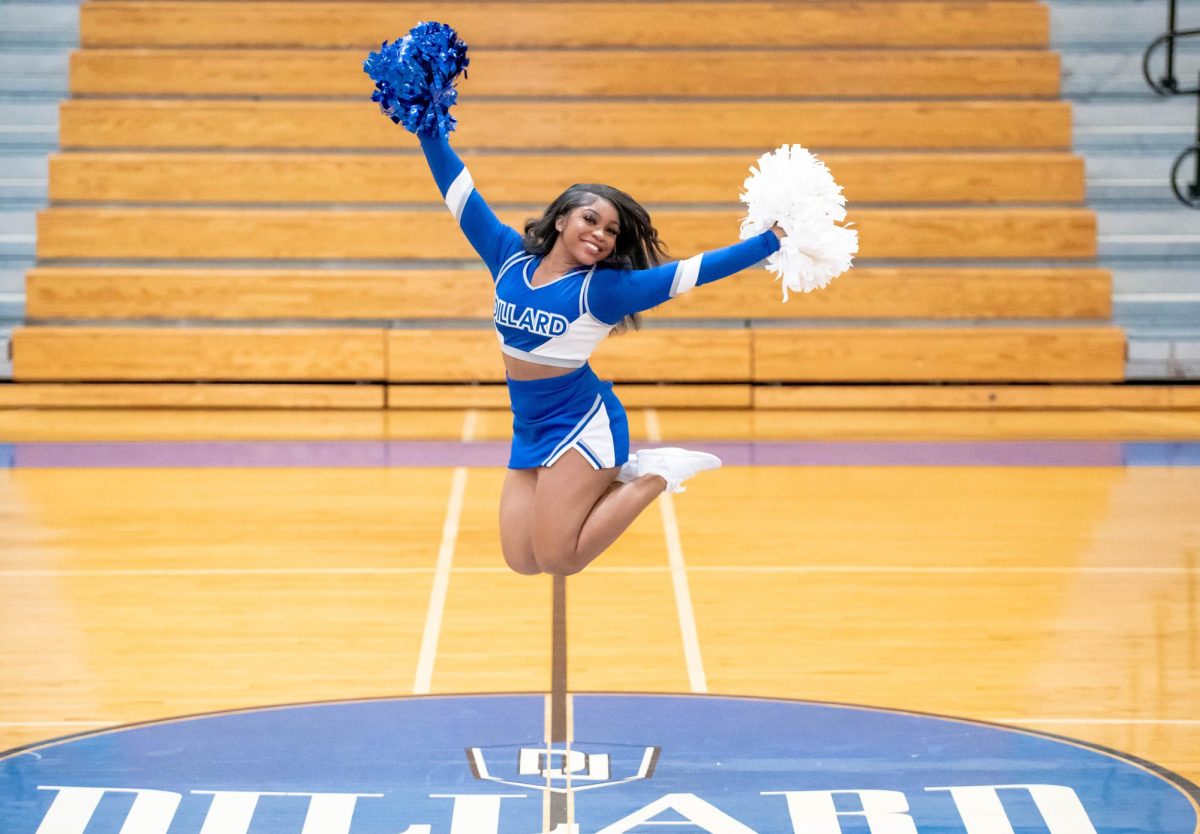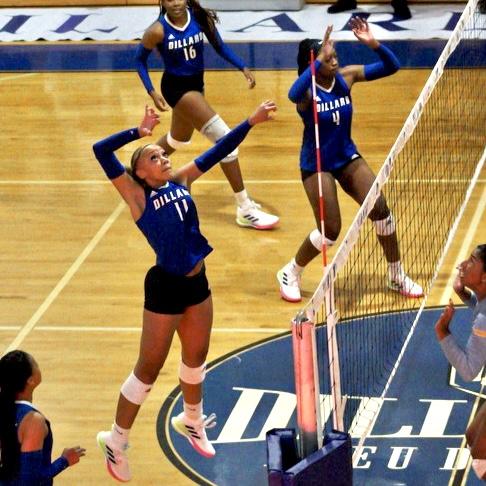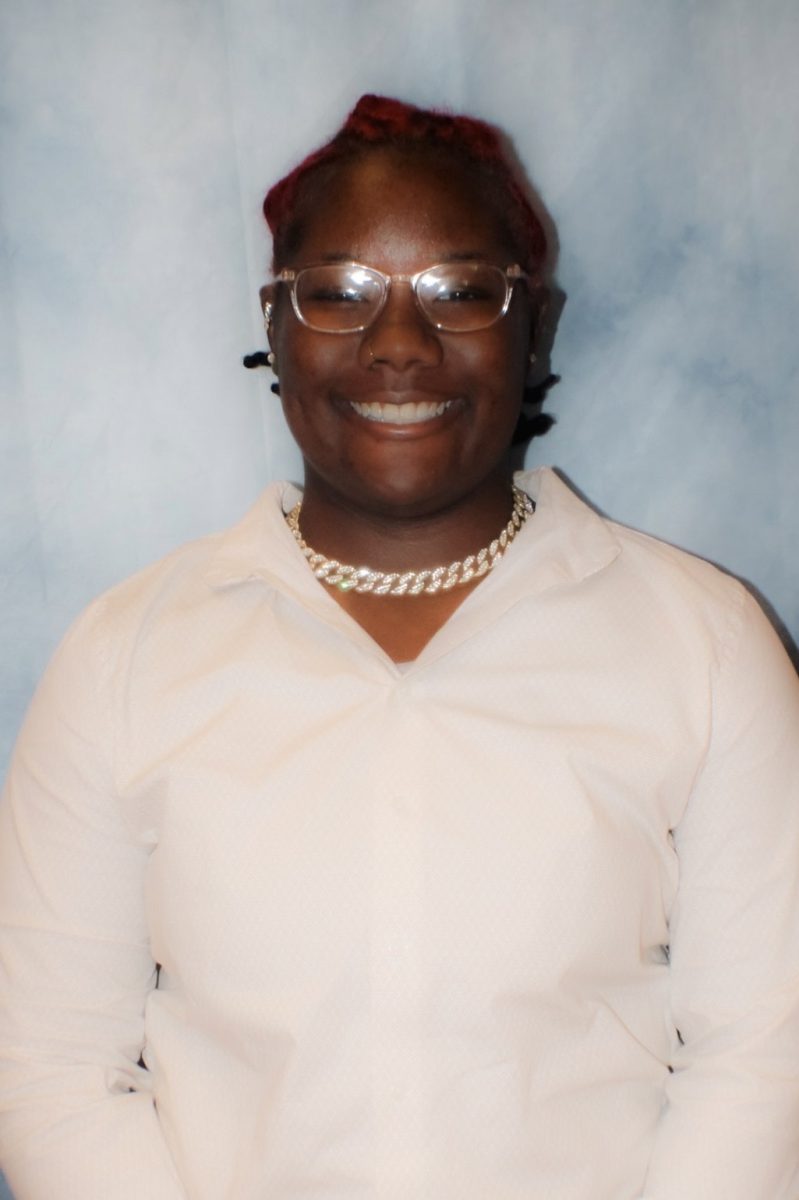
NEW ORLEANS (February 22, 2021) – Virtual learning apparently hasn’t affected DU students’ grade-point average – which actually improved in the fall – but students and faculty report other challenges remain.
Dr. Yolanda Page, vice president for Academic Affairs, said the number of students who achieved a GPA of 3.0 or better increased by 98 students last fall, moving from 592 students normally in that range to 690. That’s an increase of 16.6 percent.
Additionally, Page said, the average cumulative GPA at the end of fall 2020 was 2.98 – “the highest for any fall since 2012.”
Dillard started out the spring semester in an all-virtual environment before moving to mainly hybrid classes effective Feb. 1.
Lawrence Raymond, a junior mass communications major from New Orleans, reported an easy adjustment.
“My grades were better than I expected last semester,” he said, “and I realized I was better in a virtual environment without distractions.”
Ralph Johnson, a senior film major from New Orleans said he’s staying motivated despite the changes: “This is my last semester, and I want to leave with the most knowledge.”
However, some have expressed challenges such as time-zone issues, family illness and getting the required practical experience. And the number of students seeking help has increased, according to campus counselors.
Lauren Petry, a junior biology major and chemistry minor from Biloxi, Mississippi, who wants to be a veterinarian, said the pandemic has made it difficult to get clinic hours. She also complained about not being able to visit professors’ offices, although virtual office hours are available.
Students who are attending while out-of-state also must deal with time-zone differences.
Taiyler Mitchell, a senior mass communication major from Moreno Valley, California, has an 8 a.m. class in Central Standard Times, but that translates to getting up on the West Coast for a 6 a.m. class and earlier deadlines for assignments. Mitchell said she uses a planner to keep on track.
Rachel Carter, a junior mass communication major from Thibodaux, recalled how her entire family tested positive for COVID-19 in January. She said she had some symptoms, but it was her father who had it the worst.
Professors have had to adjust to virtual learning by strengthening their technological skills. Mohin Faisal, an assistant professor and program coordinator in accounting and financial economics, said he, like other faculty, had to learn how to post tests on Canvas and set up Zoom classes.
He said he also learned how use and navigate publisher websites for course material.
Faculty members were required to take an online course to learn Canvas basics, and faculty who went fully online also were required to complete certification in Quality Matters processes.
Meanwhile, one year into the COVID-19 pandemic, the U.S. Centers for Disease Control and Prevention has documented an increase in depression, including among students. The CDC said physical distancing and stay-at-home orders has had an impact on symptoms of anxiety disorder and depressive disorder, which increased considerably in the United States from April to June 2020, compared with the same period a year before.
Licensed professional counselor Brittany Leche said the number of DU students coming for counseling is growing. She said she sees 10-12 students a week.
While attending counseling, Leche said, some students have expressed their discomfort with virtual learning.
“The students talk about how disconnected they feel because they aren’t learning in a traditional classroom,” she said.
Counseling is offered in Dent Hall in a COVID-19-safe environment from 8 a.m. to 5 p.m. Monday through Friday. Appointments may be scheduled by email.

